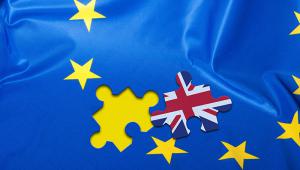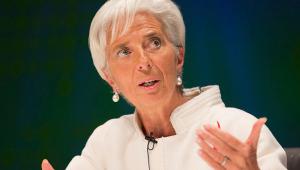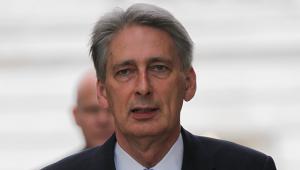Economist Kristen Hopewell told the Scottish Affairs Committee yesterday that high tariffs on food exports applicable under World Trade Organization rules would effectively block access to the critical European Union market.
Hopewell, a senior lecturer in international political economy at the University of Edinburgh, said that was partly why Norway – which did not have tariff-free access to the EU – had moved much of its fish-processing sector to Scotland.
“If Scotland … faces a very high tariff on its exports to the EU, that could have profoundly negative impacts on the Scottish fish-processing industry, and we may see Scotland’s fish-processing industry move to places like Poland to access the rest of the EU market tariff-free,” she said.
Fish and seafood is a key sector in the Scottish economy, accounting for more than half of all food exports by value, at about £944m last year.
Academic witnesses to the committee hearing also expressed concern about the two customs models currently under consideration by the UK government.
A customs partnership, by which the UK would collect tariffs on behalf of the EU for goods destined for member states, would not resolve regulatory barriers between nations, said Andrew Scott, professor of European Union studies at the University of Edinburgh.
“I don’t think the customs partnership … actually answers the question of how you deal with the paperwork when it comes to regulatory divergences on goods,” he said.
However, the alternative maximum facilitation, or “max fac”, option also came under fire on cost grounds.
Hopewell said large US and Canadian firms employed high-tech solutions and even based customs officers inside factories to pre-clear goods destined for export, but these were costly and ineffective.
“For most companies, this is not even a possibility,” she said. “The US/Canada border still routinely has massive backlogs of trucks waiting to cross. There is no easy technological fix to getting goods quickly across the border.”
Scott said the prospect of reaching agreement on an exit settlement by June, as had initially been hoped, now seemed “very unlikely”.
He said: “There is growing concern we have not reached the stage we would hope to have been [at].
“Until we conclude the withdrawal agreement, we can’t take forward the new relationship discussions, and the longer that’s delayed, the more unlikely it will be that the UK will be fit for leaving the transition period two years after we leave the EU.”
Hopewell agreed that prolonged uncertainty accompanying Brexit negotiations was “destabilising”.
“We’re now two years after the referendum and there still remains no clear plan of what Brexit will look like and what form trade relationships between the UK and the EU will take,” she said.
“So as the article 50 deadline looms ever closer, we are increasingly in danger of the UK potentially crashing out of the EU, [which] would be profoundly damaging to the UK economy.”
The session was the first of the committee’s inquiry into trade and foreign investment after Brexit.











